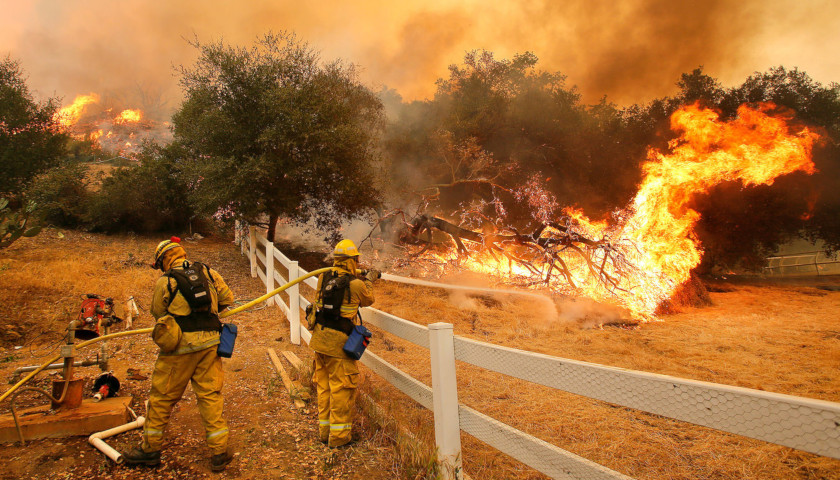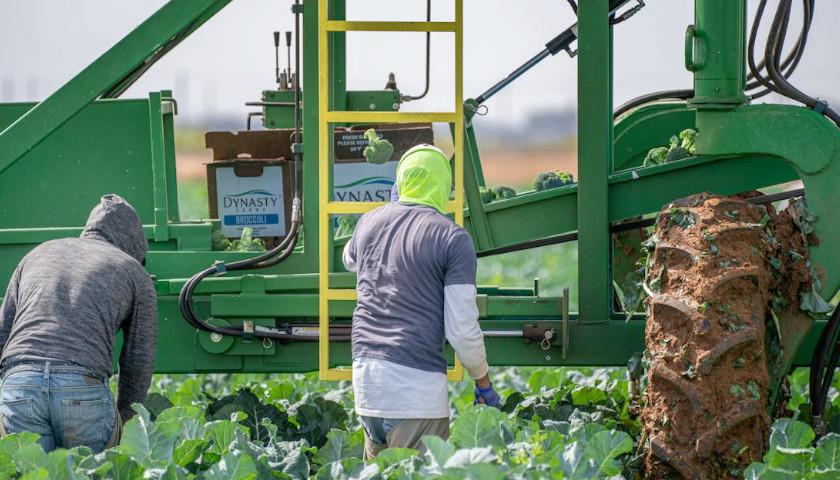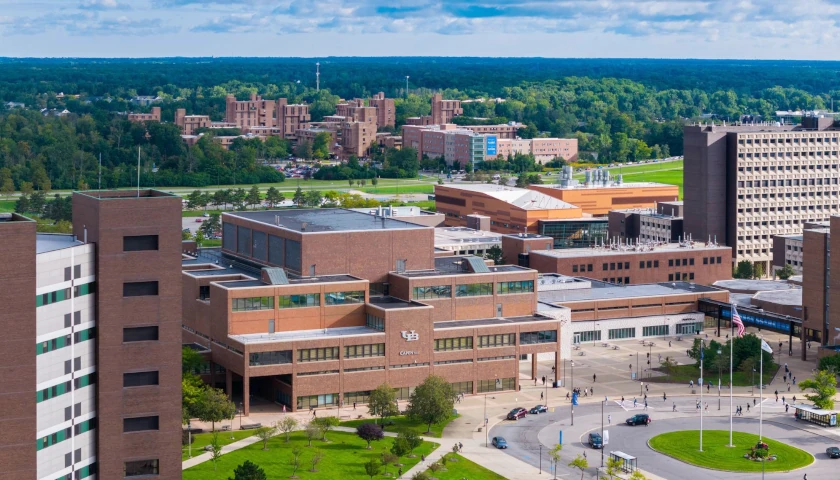Insurance claims from last month’s California wildfires already are at $9 billion and expected to increase, the state’s insurance commissioner announced Wednesday.
About $7 billion in claims are from the Camp Fire that destroyed the Northern California city of Paradise and killed at least 86 people, making it the deadliest U.S. wildfire in at least a century. The rest is from the Woolsey and Hill fires in Southern California.
Collectively, the fires destroyed or damaged more than 20,000 structures, with the vast majority in and around Paradise. On Tuesday, state and federal authorities estimated it will cost at least $3 billion just to clear debris.
“As the claims get perfected, as individuals get access to their former homes and neighborhoods, as they dialogue with their insurance companies and share more information about the scope of their loss, we expect these numbers to rise,” Insurance Commissioner Dave Jones said of the $9 billion estimate.
Over 28,000 claims
There are more than 28,000 claims for residential personal property, nearly 2,000 from commercial property and 9,400 in auto and other claims for the fires.
That’s well above the number of claims filed following a series of fires that tore through Northern California’s wine country last year. Losses from those fires were initially pegged at $3.3 billion but eventually grew to $10 billion.
While the Camp Fire destroyed about double the number of structures as the 2017 fires, home values in Butte County are far lower than those in Sonoma County. That’s part of the reason total claims may seem low compared to the 2017 figures, Jones said. Median home values in Sonoma County are more than double those in Butte.
Jones advised home owners to be cautious of “fraudsters and scam artists” trying to take advantage of vulnerable communities.
He also said its time for California to start rethinking how and if it builds in fire-prone areas. Ken Pimlott, outgoing director of the California Department of Forestry and Fire Protection, told The Associated Press this week the state should consider banning construction in vulnerable areas.
Jones said local governments may not be fully considering the long-term impacts of building in areas at high risk of fire, floods and rising sea levels.
“That’s going to be a hard conversation. Everybody likes to build new, people obviously want to rebuild their communities,” he said. “We’re in a new era where these risks are so bad I think we’ve really got to take a look at how we’re making these decisions.”
Cause of fire remains unknown
Authorities are still determining what caused the fire.
Pacific Gas &Electric told regulators that a high-voltage power line malfunctioned at the time and spot that investigators believe the fire started on Nov. 8.
The San Francisco-based utility told the California Public Utilities Commission on Tuesday that several miles away workers found a fallen power pole and equipment with bullet holes.
86 deaths linked to fire
A number of fire victims have filed lawsuits alleging that PG&E’s equipment started the fire that destroyed the town of Paradise and killed at least 86 people.
The cleanup costs for last month’s fires will far surpass the record expense of $1.3 billion the U.S. Army Corp of Engineers spent on debris removal in Northern California in 2017.
California Office of Emergency Services Director Mark Ghilarducci said the state will manage cleanup contracts this time. Last year, hundreds of Northern California homeowners complained that contractors paid by the ton hauled away too much dirt and damaged unbroken driveways, sidewalks and pipes.
The state OES spent millions repairing that damage.
Lesson learned
Ghilarducci said the state OES will hire auditors and monitors to watch over debris removal in hopes of cutting down on the number of over-eager contractors.
“We learned a great number of things,” last year, Ghilarducci said.
He said the U.S. Corps of Engineers was asked to lead the effort last year because state resources were stretched thin after responding to more than a dozen wildfires. This year, he said state officials can manage the cleanup and costs will be shared among state, federal and local authorities.
Cleanup is expected to begin in January and take about a year to complete. State and federal officials are currently removing hazardous household materials from the damaged properties.
– – –
Photo “California Wildfires” by Daria Devyatkina. CC BY 2.0.




